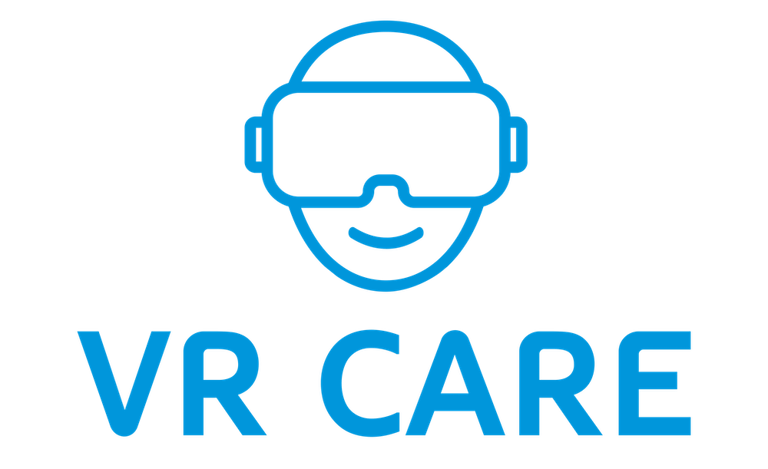VR FOR CARE PROVIDERS
VR CARE started in 2019 as a pilot in Residential Care Homes, Nursing Homes, Dementia Care Homes and Hospices. Since then we have expanded into Day Care Centres, Domiciliary Care and Mental Health Services. VR CARE was Co-Created with Care Providers to ensure that our VR solution is ideal for use with elderly people, especially people living with Dementia. We have developed a VR system that is safe for activity coordinators and carers to deliver VR sessions with people in care. Care Providers all over the UK are now using VR CARE with our proven VR Training for care staff to successfully deliver VR, with 1000's of people in care enjoying our huge VR Content Library to help users explore, reminisce, evoke meaningful memories and conversation.
VR in Nursing Homes
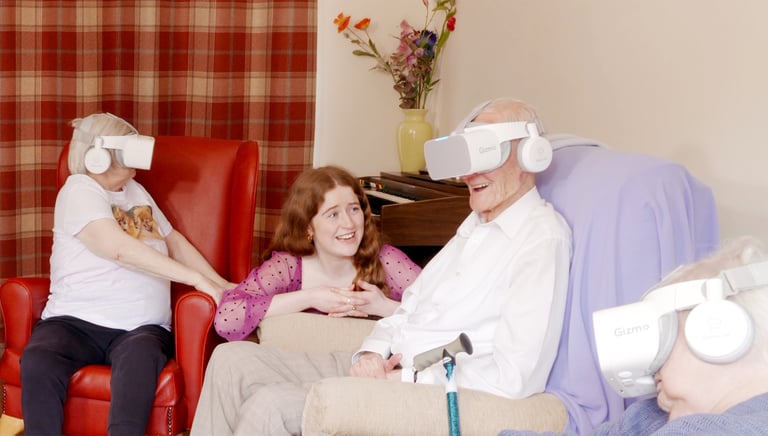

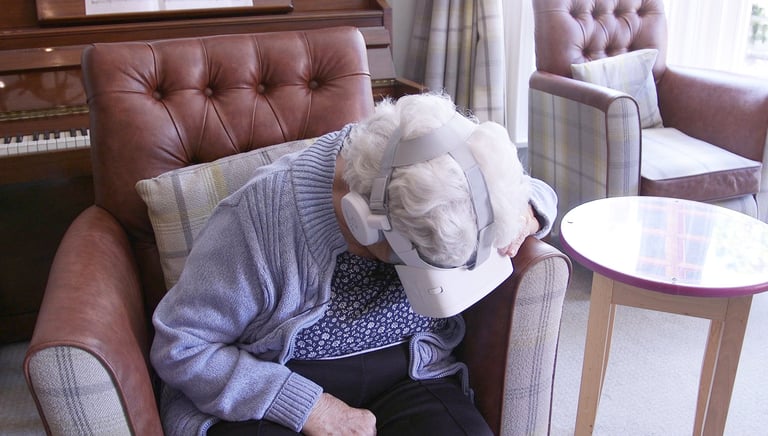

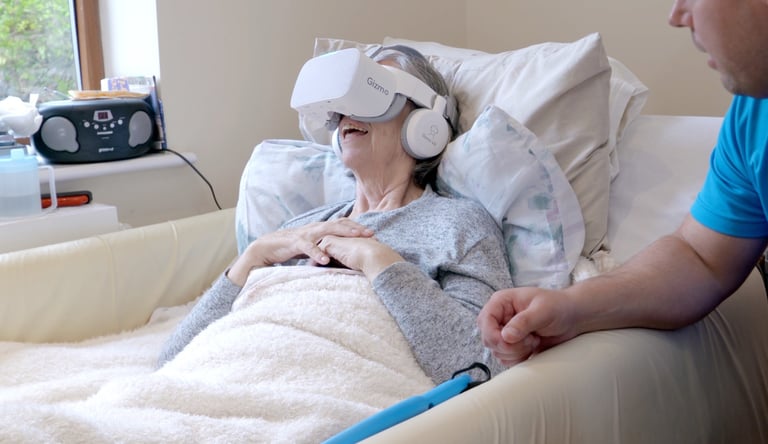

VR in Residential Care Homes
VR in Hospices
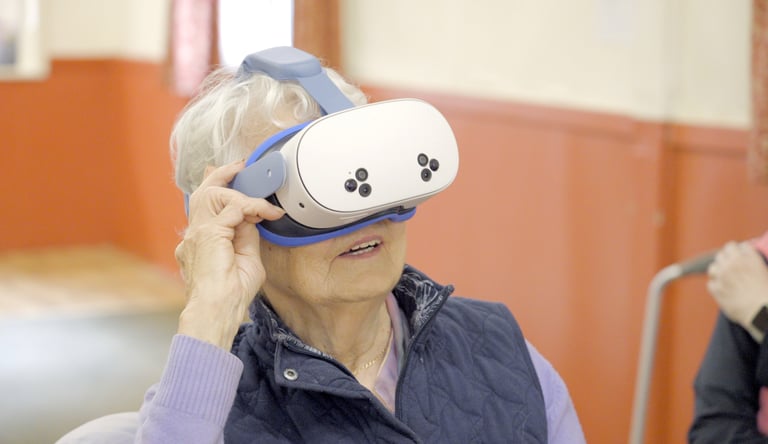

VR in Day Care Centres
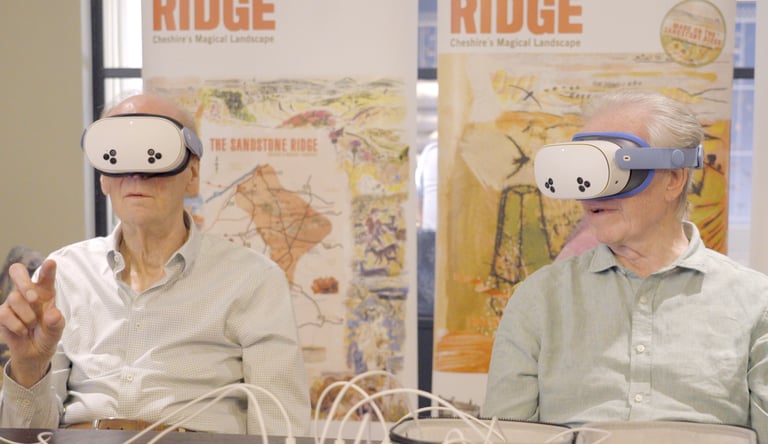

VR Reminiscence
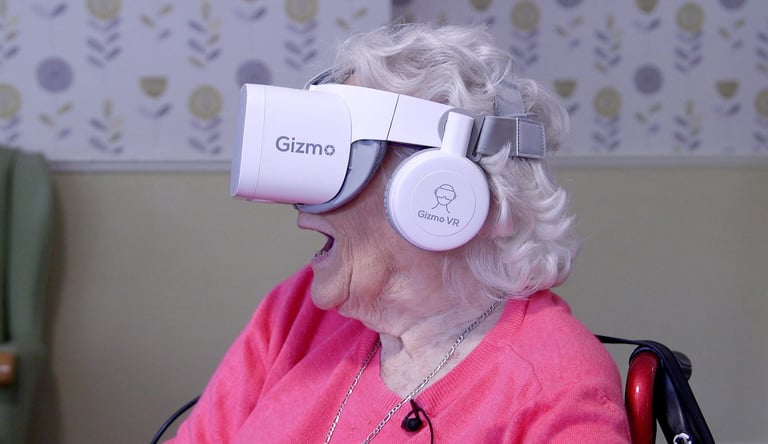

VR for Mental Wellness
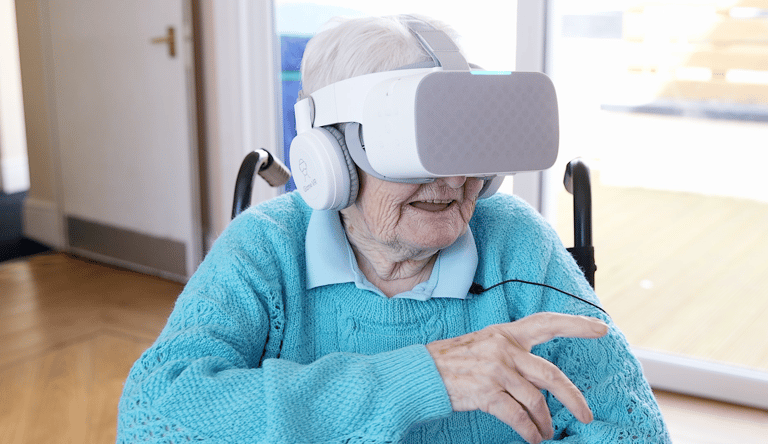

VR Cognitive Stimulation
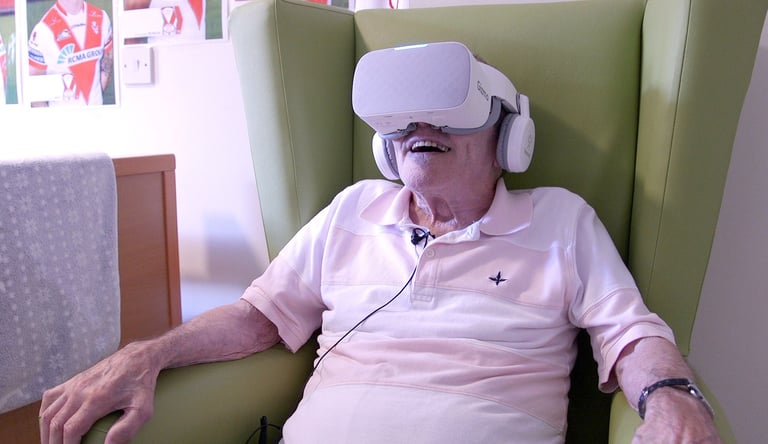

VR for Therapy
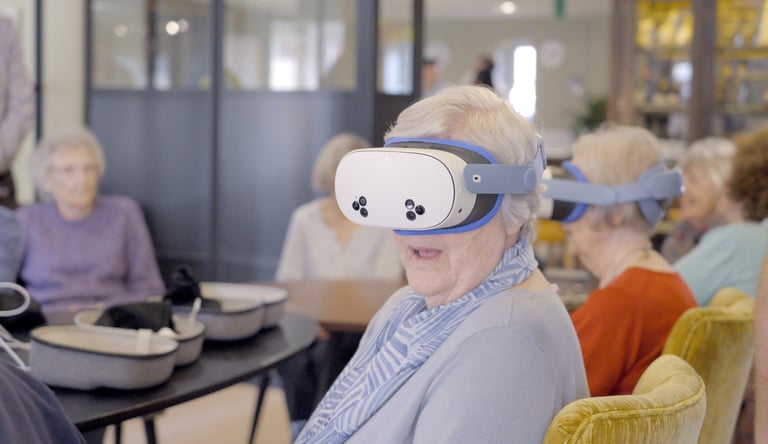

VR Group Activity
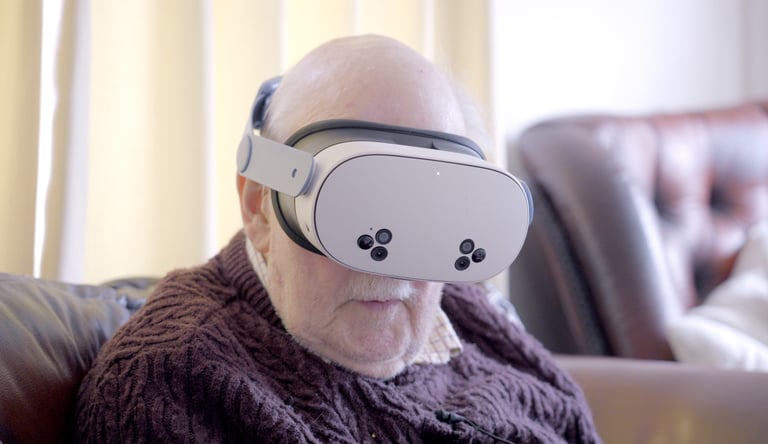

VR in Domiciliary Care
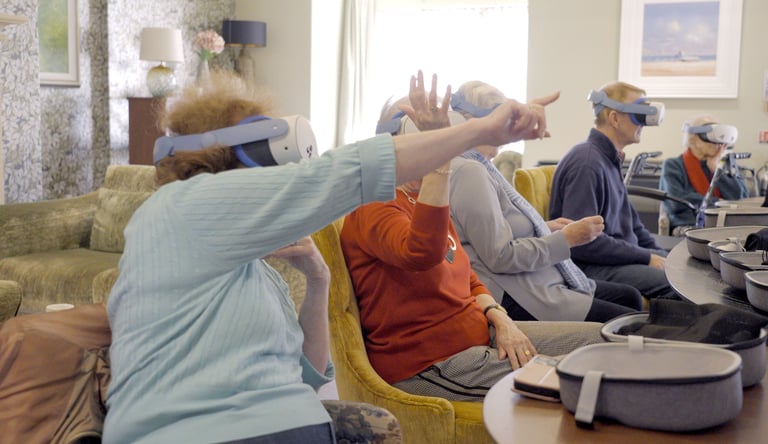

VR Shared Experiences
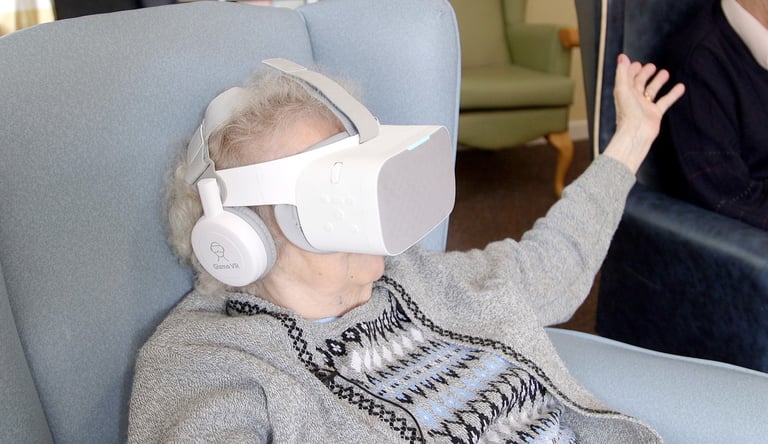

VR just for fun
VR CONTENT FOR RESIDENTS
Explore our immersive VR content produced for activities coordinators to deliver in VR group activities and one to one with residents






















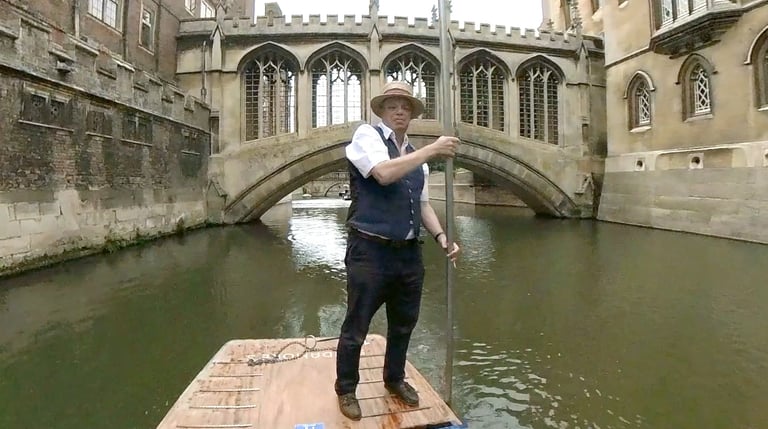

Benefits of using VR with people living with dementia
1: Reminiscence and Memory Stimulation
VR can immerse residents in familiar environments or past experiences (e.g., childhood places, old music halls), which helps trigger memories, encourage storytelling, and support identity.
2: Reduction of Anxiety and Agitation
Calming virtual settings, such as peaceful gardens or beaches, can ease distress, provide comfort, and reduce episodes of agitation or restlessness common in dementia care.
3: Enhanced Communication and Social Interaction
VR experiences can spark conversations with caregivers and family members, helping residents express themselves and strengthening relationships.
4: Improved Mood and Emotional Well-being
Positive and enjoyable VR activities, like virtual travel or music experiences, can uplift mood, reduce feelings of isolation, and bring joy into daily care routines.
5: Safe Exploration and Engagement
Residents can safely “explore” the outside world without physical risks, promoting engagement and curiosity even for those with limited mobility or advanced stages of dementia.

